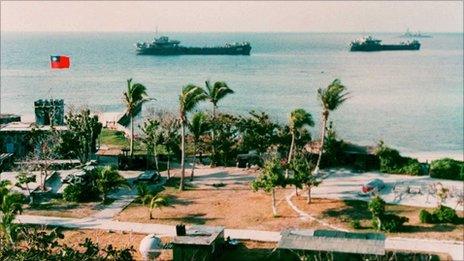Vietnam breaks up anti-China protests
- Published
Demonstrators in Hanoi took to the streets for a rare demonstration
Rare protests have taken place in Vietnam over maritime territorial disputes with neighbouring China.
The protests in Ho Chi Minh City and Hanoi were quickly dispersed by police.
Tensions are high after an incident last month in which Hanoi accused Beijing of cutting the cables of a Vietnamese oil exploration ship.
Vietnam is also unhappy at a map in new Chinese passports that shows disputed areas of the South China Sea as Chinese territory.
Hundreds of people are reported to have taken part in the protests on Sunday morning against what they see as Chinese aggression and expansionism.
But the rallies were quickly stopped by the security police - after just 45 minutes in Ho Chi Minh City and half-an-hour in Hanoi.
Protesters told the BBC that Hanoi police had detained more than 20 activists.
Public anger
The BBC's Nga Pham says it is the first anti-China protest in Ho Chi Minh City, Vietnam's largest city, in more than a year.
Public demonstrations are extremely rare in Vietnam, where the government makes social and political stability its top priority.
Police have been trying hard to prevent demonstrations, but this time it seems public anger was too great to suppress, our correspondent says.
Tensions over maritime claims in the region have been rising.
Vietnam and the Philippines accuse China of growing assertiveness around disputed islands and shoals.
The Vietnam National Oil and Gas Group (PetroVietnam) said Chinese fishing boats had sabotaged one of its oil survey vessels last month in the South China Sea.
Vietnam, the Philippines and Taiwan have also complained to China about the new passport map, saying it is an infringement of their sovereignty.
Vietnam and the Philippines are refusing to stamp the new Chinese passports and are instead issuing visas on separate sheets of paper.
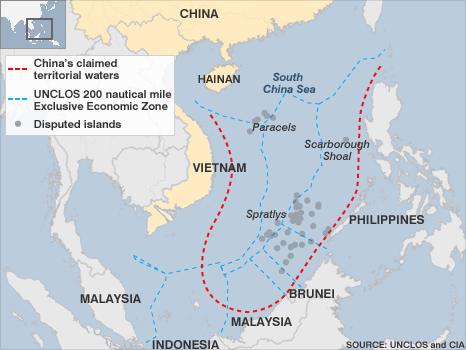
- Published4 December 2012
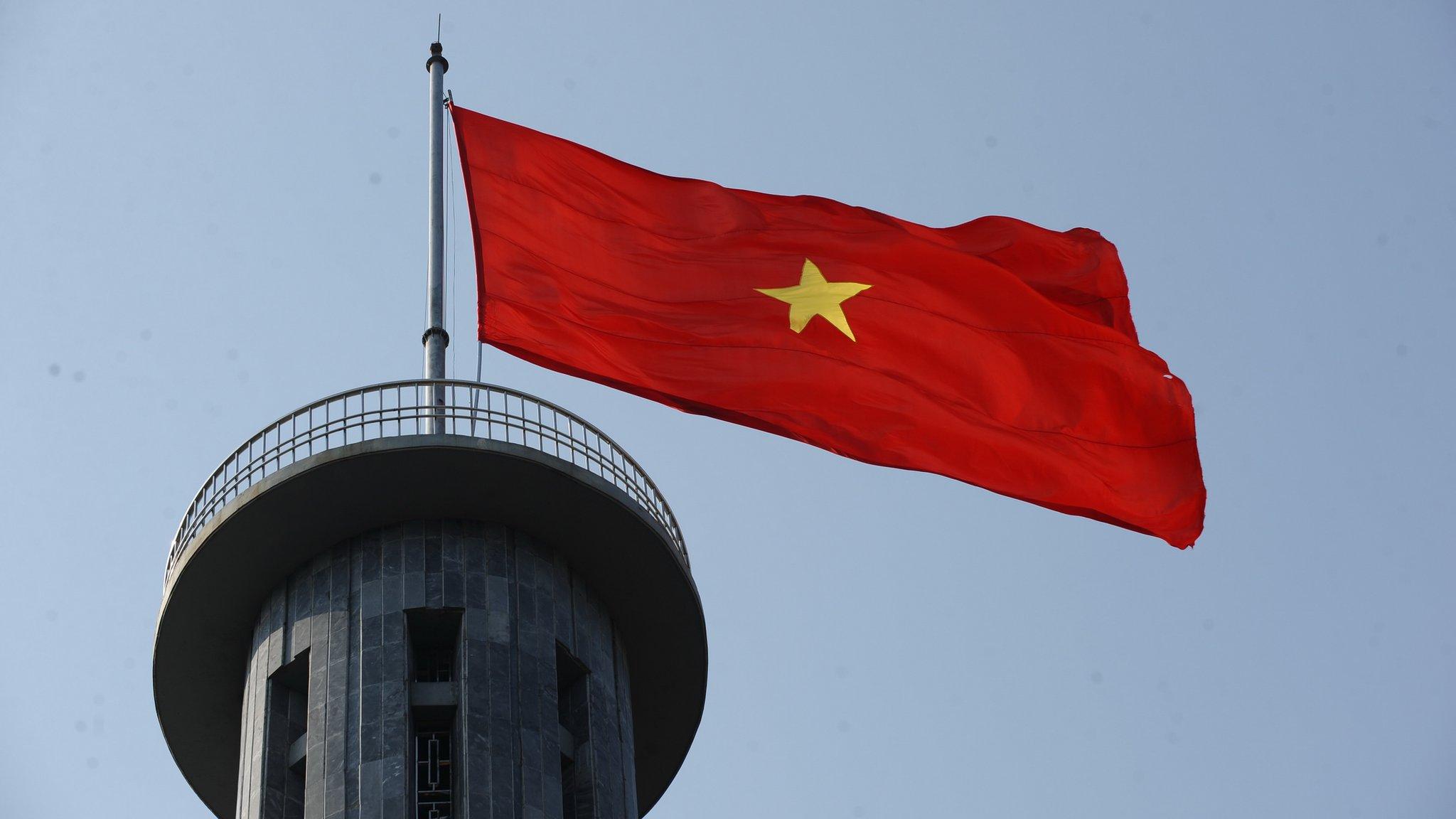
- Published7 July 2023
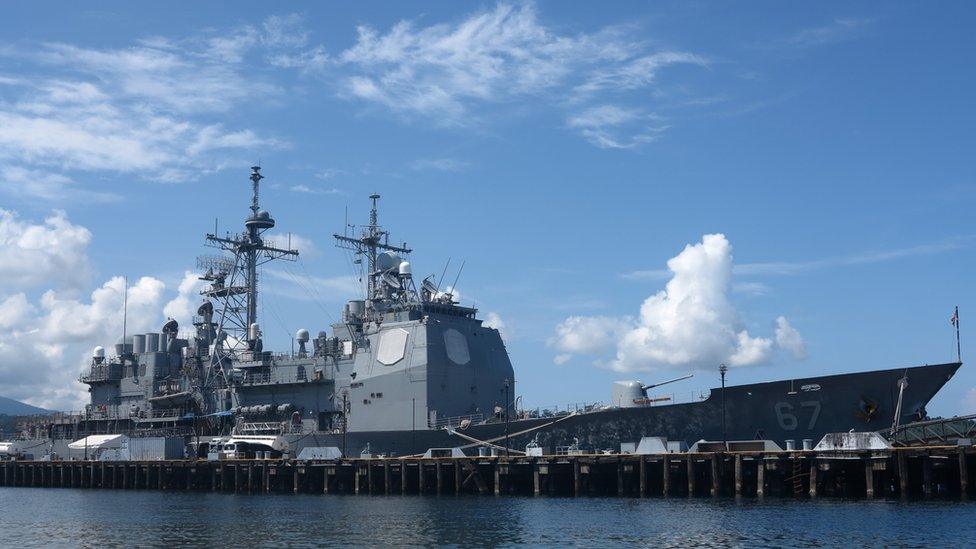
- Published20 November 2012
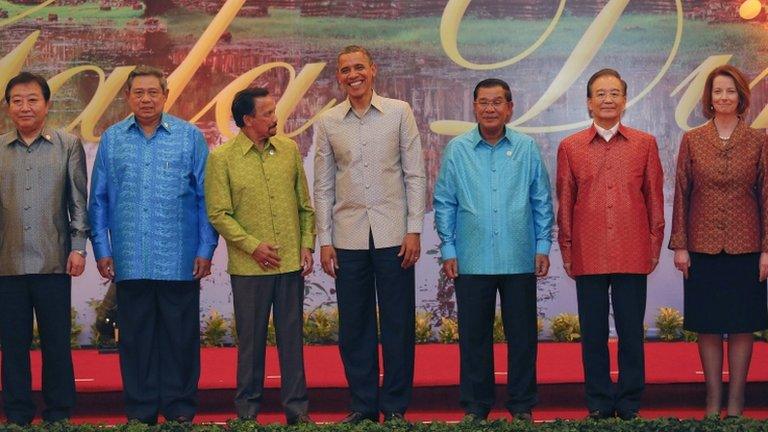
- Published26 November 2012
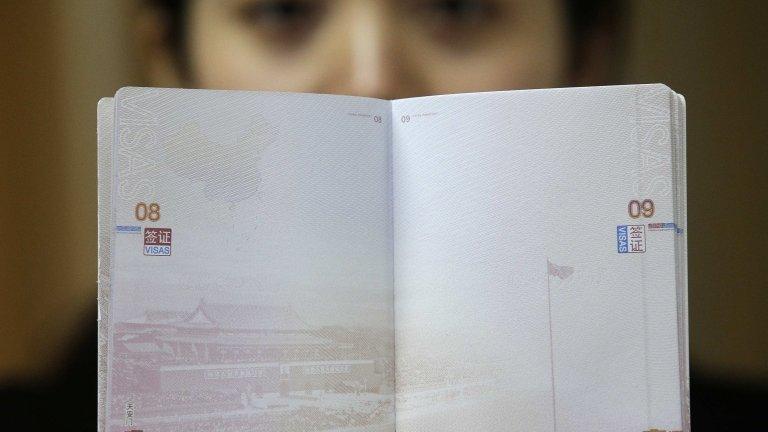
- Published30 May 2011
